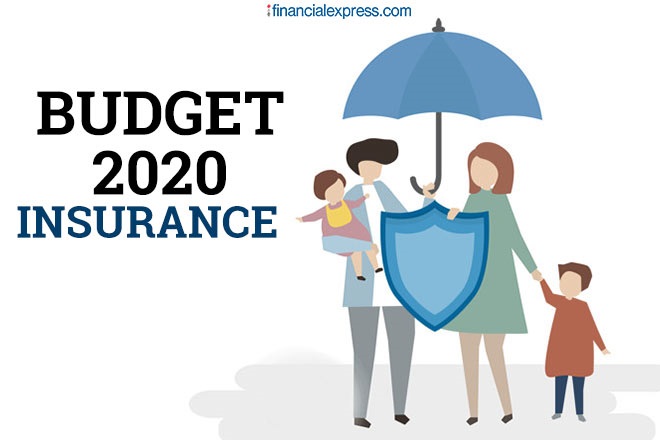Budget 2020 India: The Indian insurance industry experts believe that this year’s budget will be very important for the insurance sector as in the year 2019, the industry witnessed several key announcements and regulatory changes across all sectors, including Health, Life and Motor insurance. Last year, the NDA-lead Central government took numerous key decisions in favour of the general public and this year as well the insurance industry expects some major developments which will appeal more and more people to invest in insurance products.
Health Insurance Industry
As India targets for $5-trillion GDP, it will be important to design a structure that provides steadiness and inspires people to proactively cover their key economic and health risks. Moreover, this structure is ideally imperative for the middle class – which is going to represent this growth in the coming years – as the middle class is presently at 158 million households and will cross the 300 million mark by 2030. At the same time, the health insurance penetration in India is significantly low with 56% of Indians not covered under any health insurance policy. Talking about the BPL segment that is mostly covered under the government offered schemes, even less than 20% of the population is covered by any form of health insurance.
In the upcoming budget, the health insurance industry is one of the most important sectors that need immediate consideration. Insurers believe that if the tax rebate under Section 80D is enhanced from the current value of Rs 25,000 (for an individual with dependent wife and kids) to Rs 50,000, the move will be highly appreciated by the general public. Keeping in mind the excessive cost involved in modern-day treatments, it is important to have a health cover with a larger sum insured which comes at a higher premium. If the tax rebate is enhanced, more and more customers will buy health insurance with higher sum insured. Also, it will be a welcome move if the deduction on preventive health check-ups is enhanced from the current Rs 5,000 to Rs 10,000 – Rs 15,000, but it must not fall within the overall limit.
Further, it is suggested that there can be a waiver of GST on health insurance products which is currently 18%. Approving a GST waiver on insurance plans is important as health insurance plans give people financial protection in case of any health emergency. Most insurers firmly believe that it will be in the government’s interest to promote health insurance by making GST zero so that more and more people personally prefer taking protection plans for a secured future.
Life Insurance Industry
With a population of more than 133 crores, India’s life insurance penetration rate is even less than 3% of the entire GDP. To address this issue, the life insurance companies are demanding a few alterations in the regulatory system in the upcoming Union Budget 2020. The insurers are expecting a separate section under the Income Tax Act (over and above 80C), giving tax rebate to the people on premium paid against Pure Life Insurance plans. Also, the insurers are looking for a GST waiver on Pure Protection Plans that include Term insurance.
Yet another important change expected from the Budget is in the Unit Linked Insurance Plans – long-term investment-cum-insurance products. Some other smart initiatives expected from the government in the long-term investment-cum-insurance products is the reduction of the lock-in period in ULIPs to 3 years from 5 years (comparable to ELSS).
Motor Insurance Industry
As per several guidelines issued last year by the Insurance Regulatory and Development Authority of India (IRDAI) around Third-Party (TP) insurance, the process of evaluating insurance premiums of two-wheelers and four-wheelers has been made simpler which may result in reduction of TP premiums across all segments. Further, alike all other insurance sectors, the motor insurance industry is also expecting a waiver of the GST from the Third-Party component of the motor insurance. This is because TP insurance is for the safety of others and a consumer should not be charged GST for buying insurance for the Third-Party. Doing this will motivate more and more people to take adequate insurance cover.
(By Tarun Mathur, Co-founder & CBO, Policybazaar.com)

